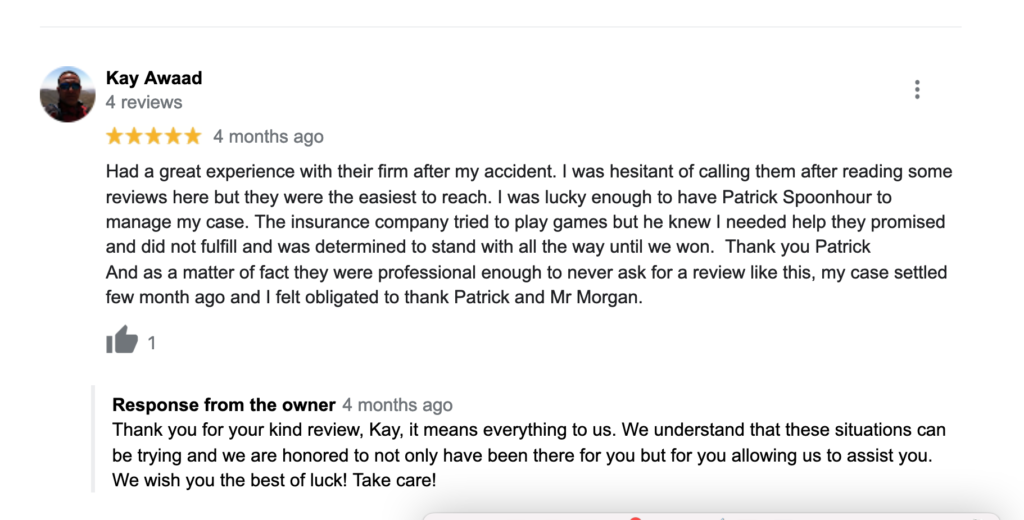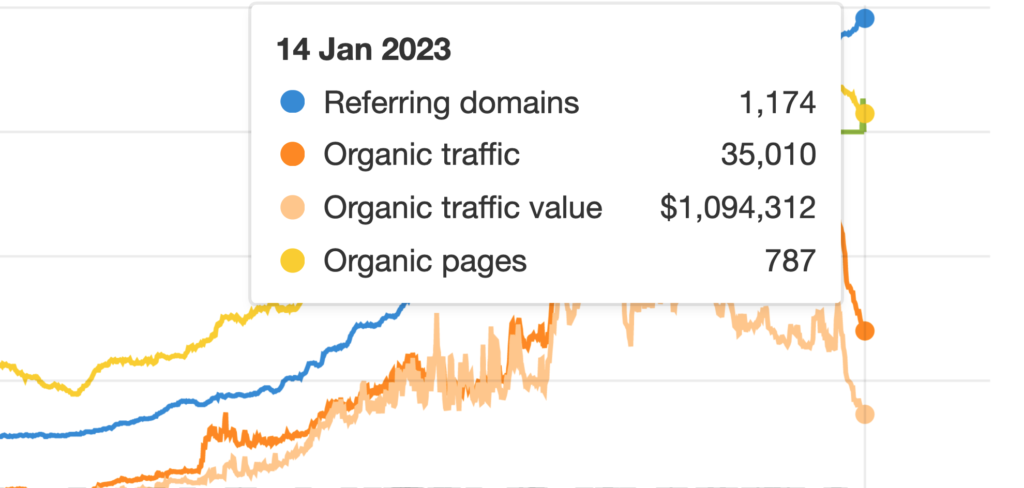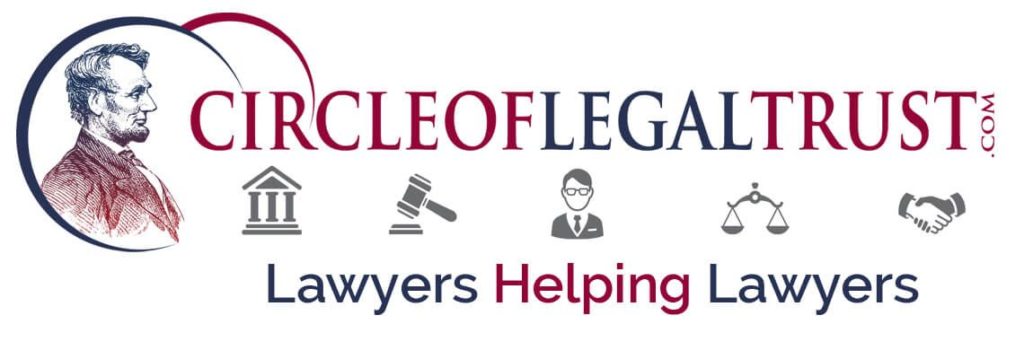Spotting Fake Online Reviews

Online reviews of a product or service will influence a prospective consumer’s purchasing power. Most of them would hop on the review section to see testimonials of people who’d had first-hand experience with a product or service before buying it. However, most of these five-star reviews are not what they appear to be.
If an individual takes a closer look at them, they’ll notice weird things like online reviews that include pictures of celebrities on a reviewer’s profile – while others show people who write positive reviews for a particular industry for months on end. Both of these online reviews are fraudulent.
Unfortunately, fake online reviews are on the rise on popular websites in an attempt to trick potential customers into buying products and services. Many consumers fall for these fake reviews while shopping online since they don’t know how to spot them. While there are many fake online reviews on sites like Google and other popular brand sites like eBay, there are dire consequences when found guilty. A plaintiff can sue a business with helpful lawyers from Ehline Law Firm for fraud.
How Do You Spot a Fake Review?
There are various ways consumers can spot fake reviews to avoid disappointment. Let’s look at some of them.
Reading the Actual Review
- Don’t just go over the overall score that hugely influences impulse buying; it’s important to read reviews to keep an eye on anything suspicious.
- Do the reviews of a particular business have an extremely high number of positive reviews? Determine how likely a product can be deemed perfect by multiple buyers.
- Are the reviews sounding over the top in the language about a product? If so, then a consumer should be wary.
- Fake online reviews may also include videos and pictures. Most commerce sites use them to incentivize a positive review.
- Does the review detail specific issues about a product? Honest reviews will outline specific details about a product and the shopping experience.
- Check the dates. If the reviews are posted on the same day, they’re probably not real. This could be how a brand tried to drum up positive feedback for incentivization.
Checking the Most Recent Ratings
Fake reviews have a way of manipulating consumers to think they’re helpful, and this has a huge influence on sales. Moreover, the reviews are usually moved to the top of the list, where they can be seen and improve the chance of purchase. One can sort out the review order from top to most recent reviews to get more reliable reviews.
Be Careful Buying from an Unknown Brand
While many sites for small businesses are unknown to consumers who are honest in trying to find an audience in a crowded market, others take shortcuts to jump to the top of the listing. More often than not, consumers may find a bogus review from an unknown brand.
If one doesn’t recognize a particular brand, take a few hours and check if it has a legitimate-looking website with clear-cut contact details where you can call them when things go wrong.
Signs for Incentivasation in Legacy Learning Systems
It’s not easy spotting fake reviews, but there are ways one can spot incentivized reviews as they watch competitors with a new mention and 5 stars. Examples include a reviewer indicating he was given a refund, free product, or gift to change a negative review. This is usually referenced in negative reviews to warn other buyers. In the review section, one can use the search bar to type in certain phrases like ‘bride’ or ‘warning,’ usually related to fraudulent reviews in the long run.
Looking for Patterns in Negative Reviews
Fake negative reviews have some telltale signs that differentiate them from real reviews. If one notices consistent criticism of quality or a particular aspect of the functionality of a product from various testimonials, it may seem like a warning sign. Moreover, if one notices a bad review and a flurry of positive feedback, the seller might be burying the bad one to increase the average score.
Where Do Fake Reviews Come from?
Businesses owning e-commerce sites can easily get fake multiple reviews on the internet. Various social media groups are devoted to buying, selling, and trading fake online reviews. The groups are constantly promoting and advertising fake reviews to sellers. The fake reviewers are open and flagrantly about it like they aren’t doing something wrong.
Moreover, fake reviews result from highly organized, off-the-grid networks created to deceive clients. Research showing the extent of fake reviews online indicates that the reviewers who posted many reviews on a small business in a particular state are the same ones who reviewed another business in a different state. This is preposterous and goes against the Federal Trade Commission. A tremendous overlap of businesses using fake review services from such networks shows they’re not legitimate.
Fake Online Reviews Are a Menace
Many tech companies understand how damaging a fake review is for their own site, and there are devising means to address it. Google’s media team has highlighted that over the last year, it has limited over 55 million fake reviews, plus three million fake businesses. This is just to paint a picture of how huge the problem is.
Analysts point out that people who write reviews without buying the actual product usually want to improve the image of a particular business. A fake review doesn’t necessarily mean a business is outright bad. It may mean a small business is trying to bury negative reviews made by real customers with a flurry of positive feedback.
A negative or positive review sounds cliché, but they are meant to show what companies are doing right or wrong. Moreover, it provides feedback to improve customer experience. Companies don’t want negative feedback from a verified purchase on their site; therefore, they’ll outsource reviewers who leave reviews on their sites to bury negative ones.
The tactic can go unnoticed, but an average person can sometimes catch on, causing it to backfire on a business. Fake reviews and other related topics are considered illegal in various states. A victim who relied on a fake positive review has a right to sue an at-fault party in a civil lawsuit for deceiving their clients. Lawyers at COLT will look at your case and conduct further investigation to see if a plaintiff has a case that he can win. Therefore, victims should schedule a free consultation with a trustworthy expert to know their options.
Are Fake Online Reviews Illegal?
Advertising and sales practices meant to fool customers into purchasing a product posted on a company site are illegal. A company with fake reviews usually walks scout free because most customers don’t know how to tell apart an honest review from other reviews. When customers go online shopping to purchase a product, they usually rely on a review.
These customers will impulse buy when they see several five-star reviews or a reviewer claiming they’ve been given a free product without discerning how true a particular review is. On top of this, the review menace is worsened by tech companies who’ll remove a fake review on a company’s site without telling them. If a company can’t get caught over a fake review, it allows them to do it again.
A company with fake reviews violates the Federal Trade Commission Act. Moreover, the FTC bans the exchange of gifts and free products for a review unless highlighted by the reviewer in their review. However, prosecution of this crime’s perpetrators is non-existent, making such companies more confident in breaking the law.
In recent times, the FTC, in a press release, offers stringent penalties of up to $44,000 worth of fines to companies engaging in fraudulent reviews. Fraudulent businesses not only cheat clients but also undercut honest businesses. Therefore, customers must seek legal counsel when they notice a fraudulent review has deceived them. Lawyers from COLT are the best in the game and will help you bring such firms to book.
Bottom Line!
There are tips that can help a customer spot fake reviews. It’s the first step to catching these tech corporations. Once an individual receives a suspicious review, they should immediately report the reviewer and the enterprise using them. Most review platforms have a section where individuals can report fraudulent cases.
Call COLT for a Free Consultation
If the impacts were pretty dire due to the influence of a review written on e-commerce sites, consult COLT to determine if an individual has a case. Once it determines a particular case is viable, the lawyers can help a plaintiff sue for damages. Therefore, plaintiffs must contact one of these expert lawyers at our website to get started on their case with a free case evaluation.



Responses